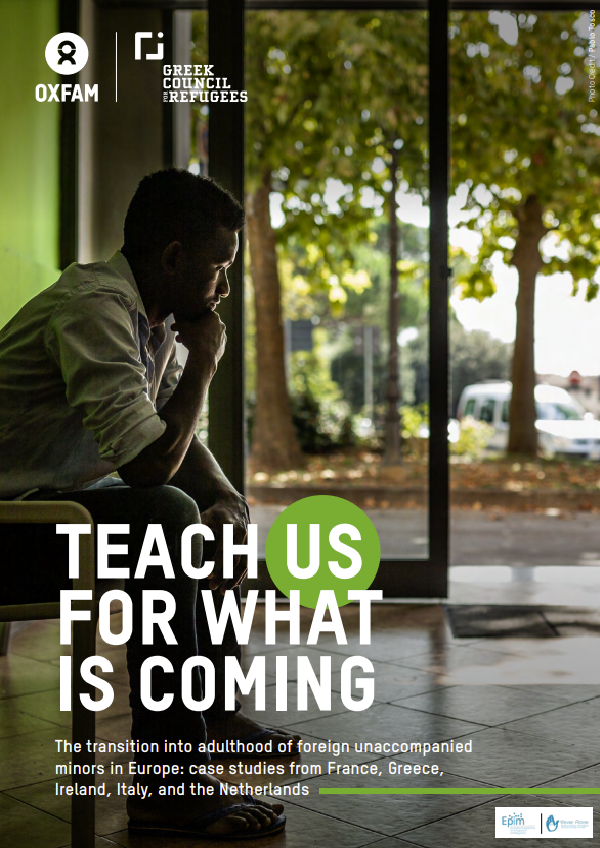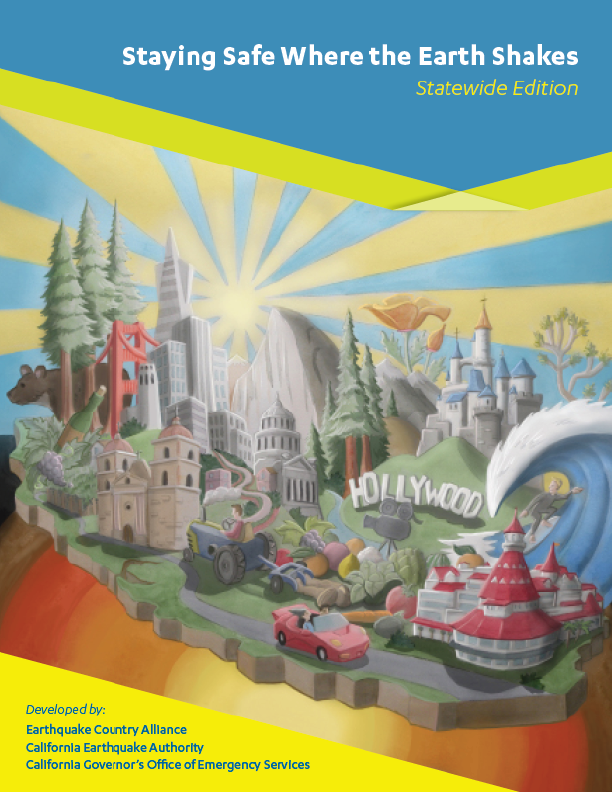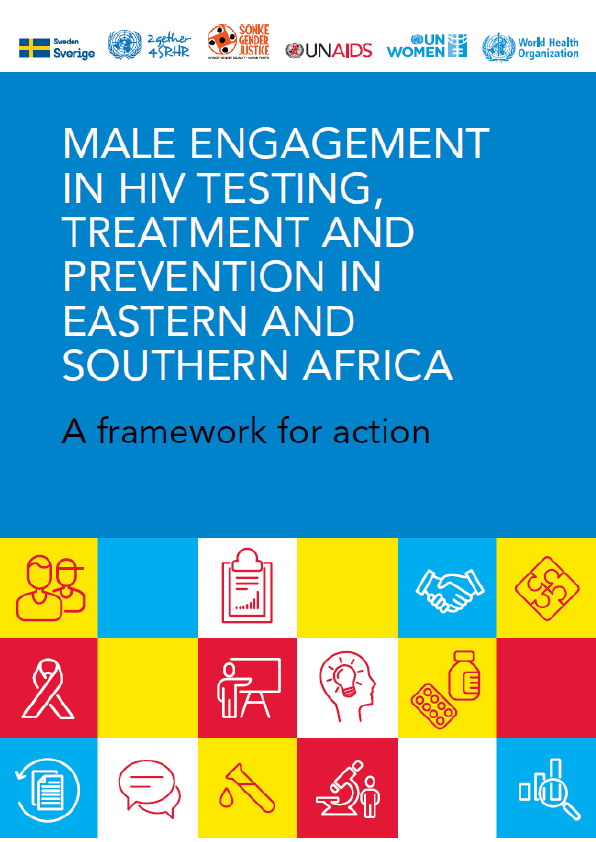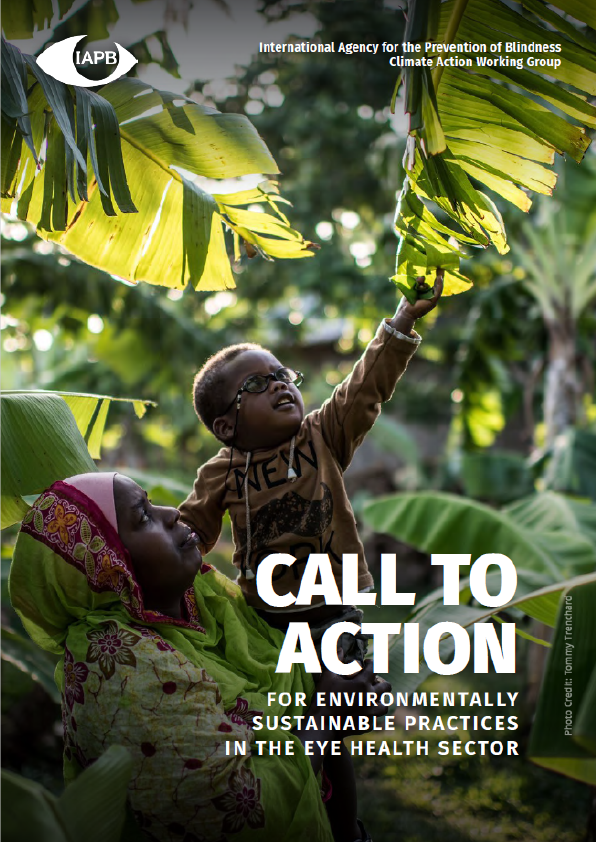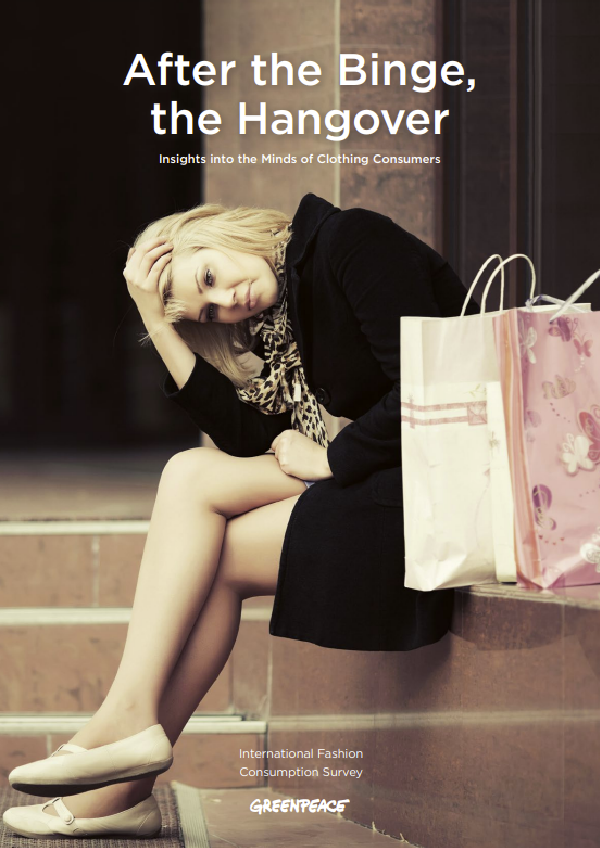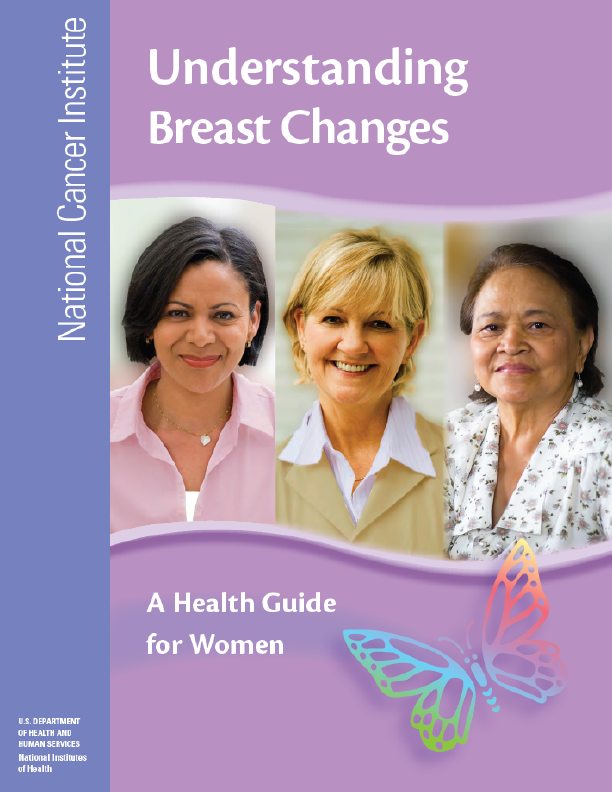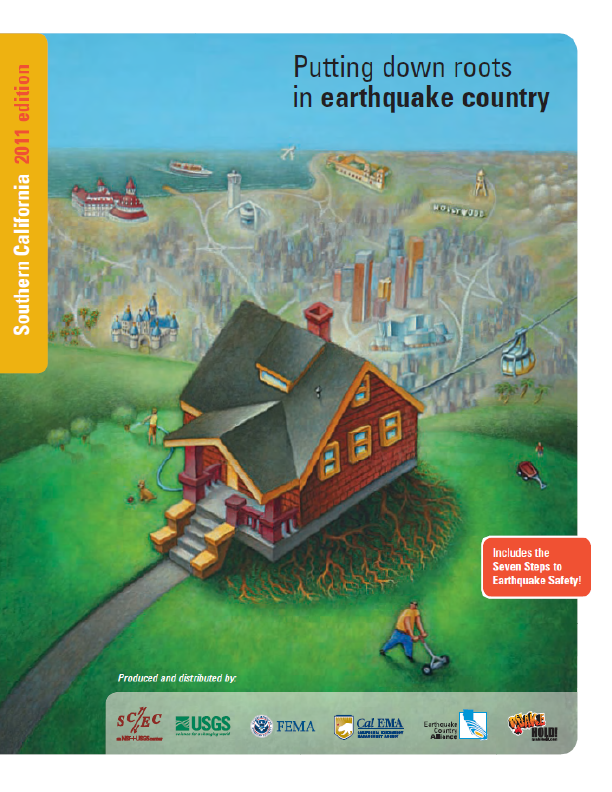This report looks at what it is like to be a young person alone and seeking safety in Europe when turning 18. It paints a difficult situation with many shortcomings but also some promising practices. The main finding is there is no legal framework or specific support schemes for unaccompanied minors (UAMs) entering adulthood. This leaves many young people to fall through the gaps. An unaccompanied minor (sometimes “unaccompanied child” or “separated child”) is a child without the presence of a legal guardian. The UN Committee on the Rights of the Child defines unaccompanied minors and unaccompanied children as those “who have been separated from both parents and other relatives and are not being cared for by an adult who, by law or custom, is responsible for doing so.
The report hones in on five issues: the right to stay in the EU, housing, access to information on rights, employment and education, and guardianship schemes in five European countries (France, Greece, Ireland, Italy, and the Netherlands).
The RISE UP – Unaccompanied minors transitioning safely into adulthood project, funded by EPIM (European Programme for Integration and Migration), was launched in April 2020. The project’s main goal is influencing policies and practices related to the transition from childhood to adulthood of unaccompanied minors (UAMs) living in Europe, encouraging the provision and/or an extension of safeguards in order to allow young migrants to gain effective autonomy.
The lack of specific support schemes for young migrants once they become adults is both the premise and the major finding of the project. Apart from some good practices, normally rooted in local contexts and experiences with associations or non-government organizations, once young migrants move into adulthood they abruptly lose their rights in key aspects of their life, such as to residence permits, housing, social support and access to services. This puts many of them at risk of marginality, and negates the investments and efforts made in the reception centres when they are minors to prepare them for an independent life.
This publication reports on the findings of research into the transition into adulthood of foreign unaccompanied minors in Europe. The RISE UP research team collected data in five EU countries: Greece, Ireland, Italy, the Netherlands and France. This selection reflects the need for the analysis to include very different contexts, in terms of the presence of UAMs and young migrants, migratory pathways, and responses from institutions. Researchers were selected based on their specific expertise and relevant active professional networks.
Data were collected through qualitative research, combining desk analysis, semi-structured interviews and focus groups of key informants. Interviews aimed to gather responses from civil servants (both at national and local levels), professionals working with UAMs and young migrants, legal guardians and mentors, and researchers from NGOs or academic institutions. A plurality of perspectives was considered to be a crucial aspect of the research.
Young migrants aged 18-25 attended the focus groups, where they expressed their views and described their experience of the passage to adulthood and the difficulties they met both when minors and once adults.
Fieldwork took place between June and December 2020. For both for semi-structured interviews and focus groups Oxfam Italy prepared thematic and methodological guidelines to share with the researchers. Interviews with stakeholders, professionals and young migrants were conducted at different times in the five countries. Irrespective of whether they remain valid at the time of publication, the experiences and views expressed can only reflect the situation up to that point in time.
Please note: the COVID-19 pandemic affected the data collection process in all five countries. All the interviews were conducted via Skype or other online platforms, and four out of the five focus groups were arranged remotely, due to safety reasons or national restrictions. The research team recognizes that these constraints may have had an impact on group interaction and non-verbal communication, which are important benefits of in-person focus groups.
